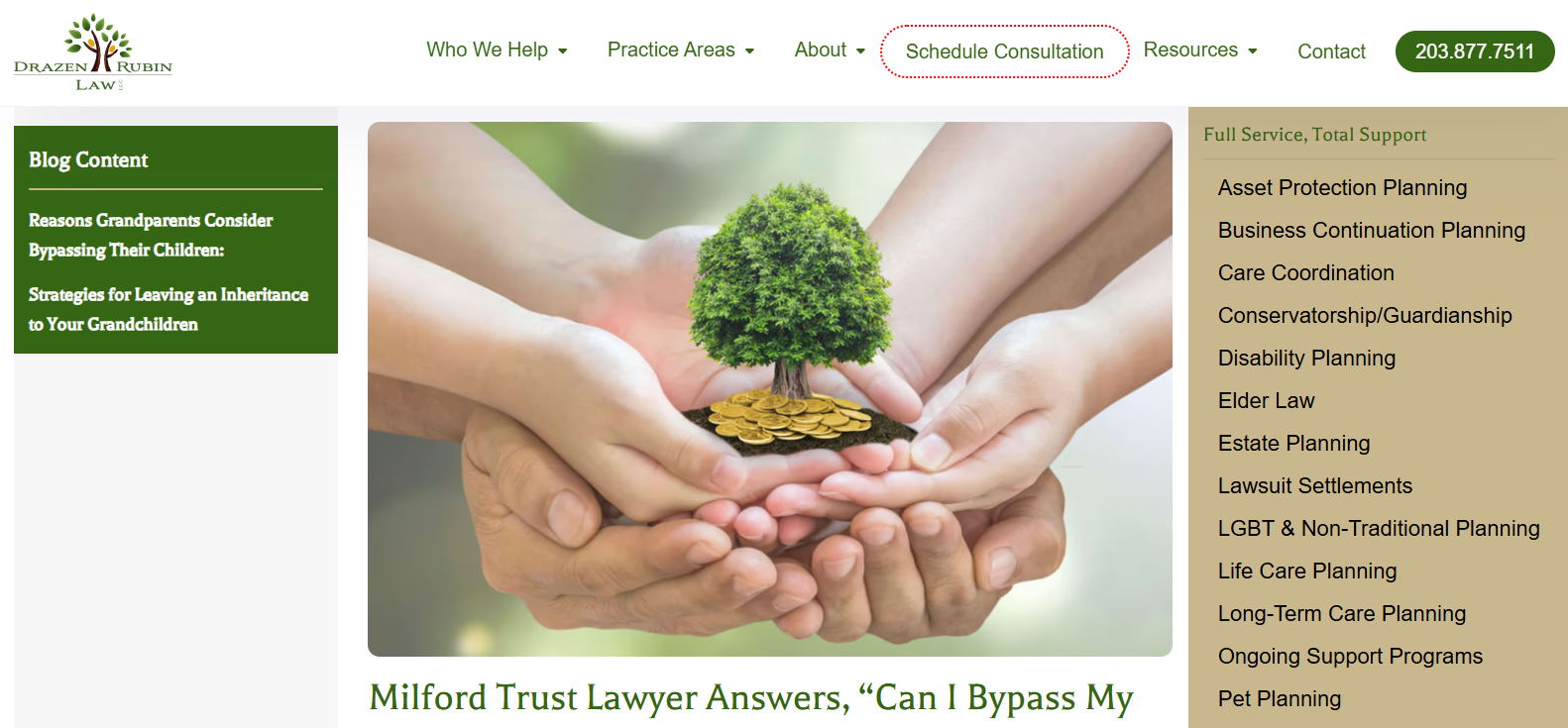Essential Guide to Estate Administration and Probate Matters

Estate administration is a process that ensures the proper distribution of a deceased person’s assets while addressing any outstanding financial obligations. It involves multiple legal steps and careful documentation, often overseen by a personal representative or executor. This process can vary depending on the state, the size of the estate, and whether or not a will is present. Understanding how estate administration works is crucial for heirs, beneficiaries, and anyone involved in probate matters.
Understanding Short Certificates and Their Role
One common question that arises during probate is what is a short certificate and why it is necessary. A short certificate is a legal document issued by the court that provides the executor or administrator with official authority to manage the estate. This certificate is often required to perform specific duties, such as accessing bank accounts, transferring property, or handling insurance matters. Without this documentation, third parties like financial institutions may not recognize the authority of the executor, making the process more difficult.
Duties of the Executor in Probate
The executor plays a central role in administering the estate. Duties typically include identifying and gathering assets, paying debts and taxes, and distributing remaining property to beneficiaries. These responsibilities require transparency, careful record-keeping, and adherence to state laws. Executors may also need to file reports with the probate court to ensure compliance. The role can be demanding, and legal guidance is often sought to help navigate challenges that arise throughout the process.
Probate Process: An Overview
The probate process generally begins with filing a petition in court to recognize the executor or administrator. Once granted authority, the executor must notify heirs, creditors, and other interested parties. An inventory of all estate assets is then created, including real estate, bank accounts, personal belongings, and investments. Debts and taxes are addressed before the distribution of assets to beneficiaries. Although probate can be time-consuming, it provides legal oversight that ensures fairness and accountability.
Reasons to Reopen an Estate
In some cases, an estate that has already been settled may need to be reopened. This situation can occur if additional assets are discovered after distribution, such as a forgotten bank account or newly identified property. It may also be necessary if disputes arise among beneficiaries or if errors in administration come to light. Reopening an estate requires court approval, and the executor or administrator may be reappointed to handle the unresolved matters.
Importance of Estate Planning
Proper estate planning is essential in reducing the burden of probate and minimizing potential conflicts. A carefully drafted will, along with other planning tools such as trusts, powers of attorney, and advance directives, can provide clarity and security for loved ones. Estate planning also helps reduce the chances of litigation, ensures assets are distributed according to the decedent’s wishes, and provides peace of mind for beneficiaries.
Common Challenges in Probate
While probate provides legal structure, it can also present challenges. Some of the most common issues include disputes among heirs, difficulty locating assets, disagreements about asset valuation, and creditor claims. Executors may also face complex tax issues that require careful handling. These challenges can prolong the process and increase costs, highlighting the importance of careful preparation and legal guidance.
Non-Probate Assets and Their Impact
Not all assets go through probate. Certain types of property, such as life insurance policies with named beneficiaries, jointly held property with rights of survivorship, and accounts with transfer-on-death designations, may pass directly to beneficiaries. Understanding which assets bypass probate can streamline the process and ensure quicker distribution. Executors must carefully distinguish between probate and non-probate property to avoid confusion or mistakes.
Role of the Court in Probate
The probate court provides oversight throughout the estate administration process. This oversight ensures that the executor follows state laws and fulfills fiduciary duties. Court involvement may include reviewing inventories, approving distributions, and resolving disputes. In contested cases, the court may also hear arguments and make binding decisions on matters of inheritance, asset ownership, or will interpretation.
Timeframe and Costs of Probate
The length of probate varies depending on the complexity of the estate. Simple cases may take a few months, while complicated estates with disputes or extensive assets can take several years. Costs may include court fees, attorney fees, appraisal expenses, and administrative charges. These costs are generally paid from the estate before distribution to beneficiaries, reducing the overall inheritance. Careful planning and efficient administration can help manage both time and costs.
Alternatives to Probate
In some situations, alternatives to probate may be available. Small estate procedures, for example, allow for a simplified process when the value of the estate falls below a certain threshold. Trusts are another common method of avoiding probate, as they allow assets to be transferred directly to beneficiaries outside of court supervision. Joint ownership arrangements and beneficiary designations can also reduce the need for probate involvement.
Beneficiaries’ Rights and Expectations
Beneficiaries have specific rights during probate, including the right to be notified of proceedings, to receive an accounting of the estate, and to obtain their rightful share of assets. They may also challenge certain actions if they believe the executor has acted improperly. Clear communication between the executor and beneficiaries is critical for avoiding disputes and ensuring that expectations are met.
Tax Considerations in Estate Administration
Taxes are an important element of estate administration. Executors must determine whether income, estate, or inheritance taxes apply, depending on the size and nature of the estate. Failure to address tax obligations properly can result in penalties and complications. Professional guidance is often sought to ensure compliance with federal and state tax requirements while maximizing the value passed on to beneficiaries.
Conclusion
Estate administration and probate play vital roles in ensuring the proper transfer of assets after death. From understanding what a short certificate is to recognizing the responsibilities of executors and the rights of beneficiaries, the process requires careful attention to detail and adherence to legal standards. While probate can present challenges, proper estate planning and informed decision-making can help ease the burden, protect family interests, and ensure a smoother transition for future generations.




